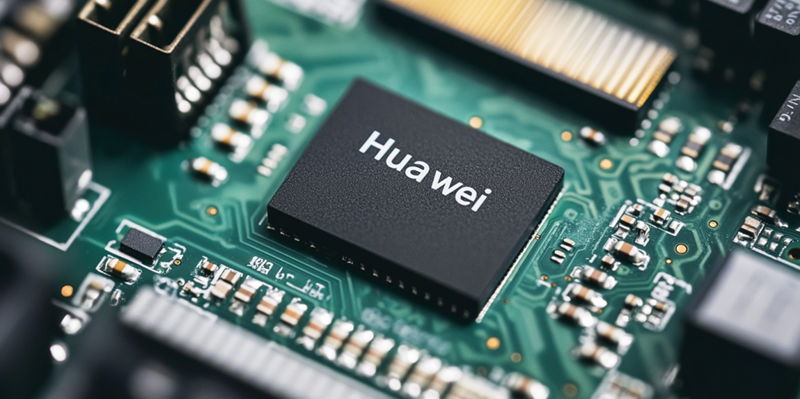The burgeoning field of artificial intelligence relies heavily on advanced semiconductor technology, and companies like Huawei have been central to these developments until recent restrictions curtailed their progress. The U.S.-led directives limiting Huawei’s access to crucial semiconductor manufacturing equipment have effectively hamstrung the company’s efforts to keep pace with industry leaders. Specifically, the firm’s attempts at advancing its Ascend AI chips, a significant player poised to challenge Nvidia, are being thwarted due to these constraints. The American embargo prevents Huawei from utilizing newer ultraviolet lithography technology from ASML, an essential tool for manufacturing cutting-edge chips. As a result, Huawei must rely on older, less sophisticated equipment, significantly stunting the pace at which it can develop its Ascend chips to meet modern standards.
Challenges in Semiconductor Manufacturing
Huawei’s struggles extend beyond just equipment limitations; they are compounded by the difficulties faced by its manufacturing partner, Semiconductor Manufacturing International Corp (SMIC). While the company had some success in creating its 7nm Kirin chips for Mate smartphones using older lithography equipment, maintaining consistent 7nm production has proven challenging. This is especially problematic because, while Huawei remains bogged down in its attempts to master the 7nm process, competitors like Taiwan Semiconductor Manufacturing Company (TSMC) are already forging ahead with 2nm processes. The advances of competitors illustrate the widening technology gap Huawei is facing, making it increasingly difficult to compete on a global scale. The stark contrast in technological capabilities underscores the significant impact that these U.S.-driven restrictions have had, leaving Huawei to navigate a rocky and uncertain path toward cutting-edge semiconductor production.
Innovative Efforts Amid Restrictions
Despite significant challenges, Huawei has shown remarkable ingenuity, attempting to innovate within the restrictive environment imposed on it. The company’s development of the Ascend 910c AI chips initially indicated tremendous promise and potential to compete with current market leaders. However, subsequent reports highlight that surpassing the 7nm process remains a difficult goal. This overall trend signifies that while Huawei continues to push the boundaries of what can be achieved with the resources available, these restrictions have a profound impact on its abilities. Although Huawei strives to stay relevant and competitive by using innovative methods and optimizing older technologies, the international restrictions pose ongoing and substantial obstacles. The lack of access to high-quality manufacturing tools is likely to keep Huawei at a competitive disadvantage, extending the timeline needed to catch up with advanced chipmakers. This exacerbates the difficulties in establishing a strong presence in the AI chip market, further deepening the challenges the company faces.

